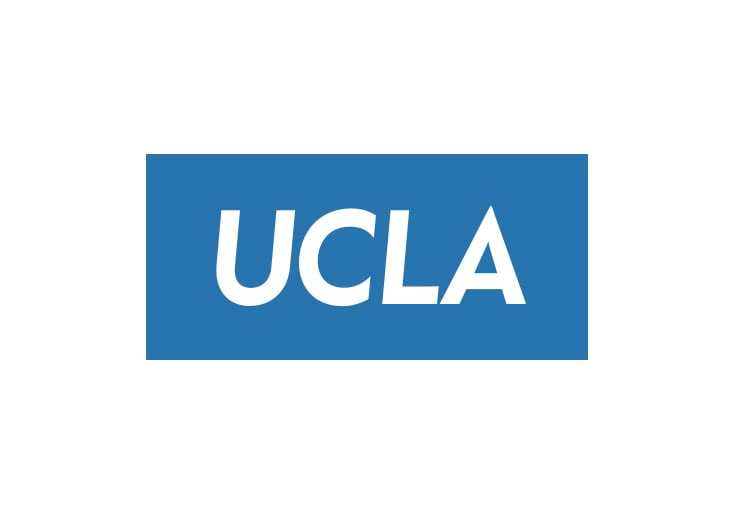Opioid Hackathon as Implementation Strategy (013)
Study Information
This study explored the feasibility and acceptability of hosting a hackathon to scale the design and development of new creative opioid crisis-related modeling and visualization tools for public health and justice-related stakeholders. Through qualitative interviews with hackathon participants, public health and justice-related stakeholders, and key government implementation stakeholders (e.g., high-level county and state public health officials) during and one year after the hackathon, it examined the implementation of science-related barriers and facilitators to implementing solutions created at the hackathon. Findings can help address barriers to successful implementation, a major limitation of current hackathons.
This research was jointly supported by the National Institute of Allergy and Infectious Diseases and National Institute on Drug Abuse of the National Institutes of Health through the Helping End Addiction Long-Term (HEAL) Initiative under award number 5R01AI132030-05.
Study Findings:
Study Team
PI: Sean Young

• Explore the feasibility of hosting a hackathon to scale design and development of new creative opioid crisis-related modeling and visualization tools for public health and justice-related stakeholders.
• Explore the acceptability of hosting a hackathon to scale design and development of new creative opioid crisis-related modeling and visualization tools for public health and justice-related stakeholders.
Accelerator Supplement, Methods/Measures